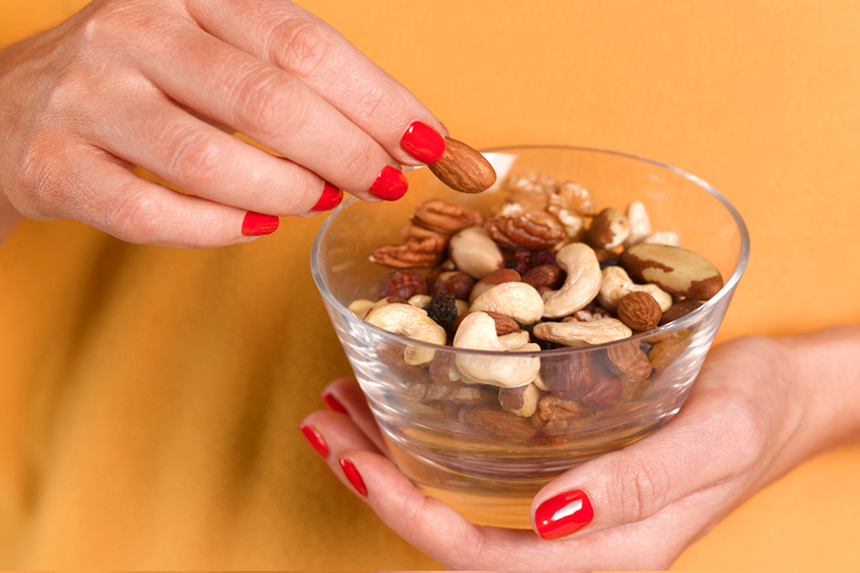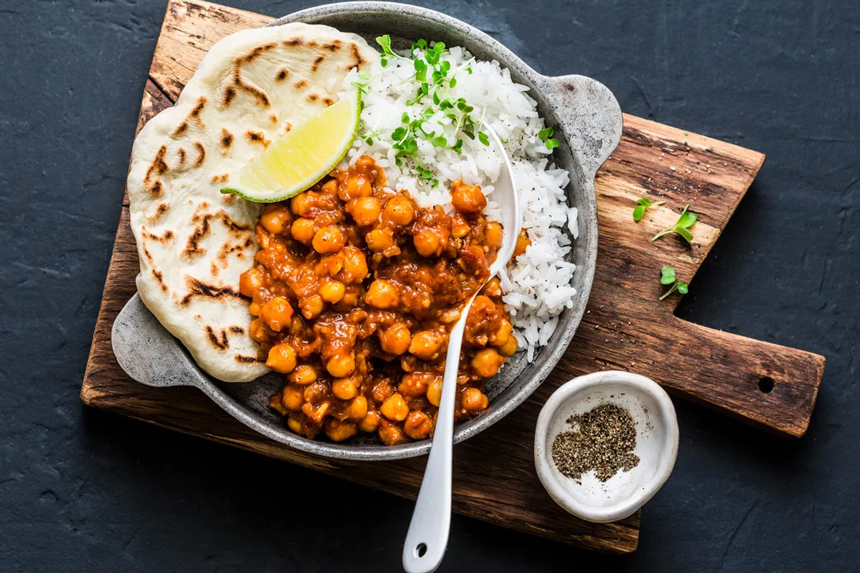Nuts

Almonds, in particular, boast the highest lectin content among nuts, surpassing even peanuts. Cooking and soaking nuts can markedly decrease their lectin levels, making them safer for consumption. Nuts are nutritious but should be prepared properly to reduce their lectin content and mitigate potential health risks.
Chickpeas

Chickpeas are renowned for their protein content but also harbor lectins, which can bind to red blood cells and cause hemagglutination. This interaction underscores the importance of cooking chickpeas thoroughly to diminish their lectin content and enhance their nutritional profile.
With lectin levels ranging from 1160 to 1375 HU/g, chickpeas exemplify the need for careful preparation. Their high protein content is a boon, yet the presence of lectins requires that they be properly cooked to ensure their health benefits outweigh the potential drawbacks. [6]





